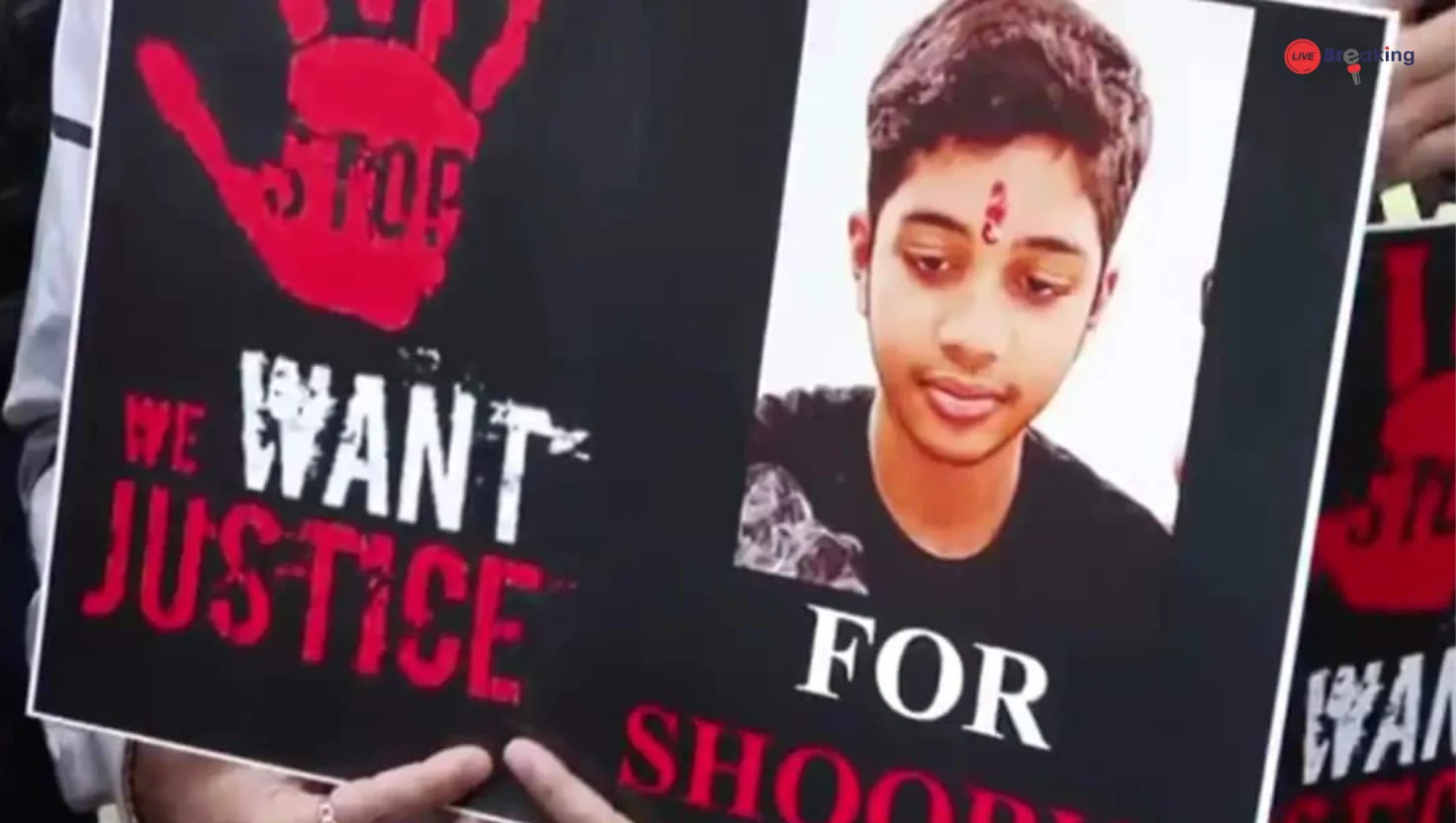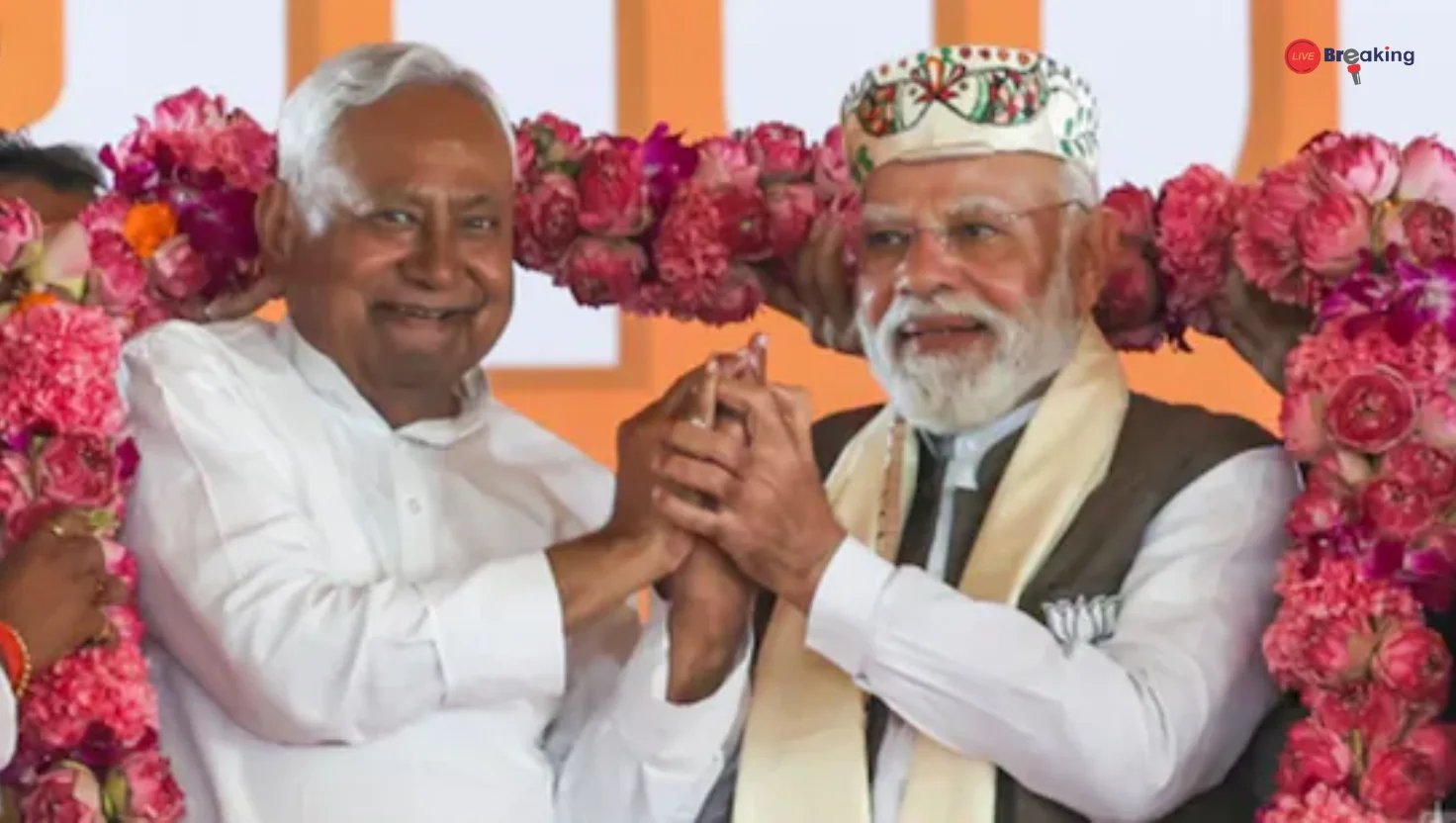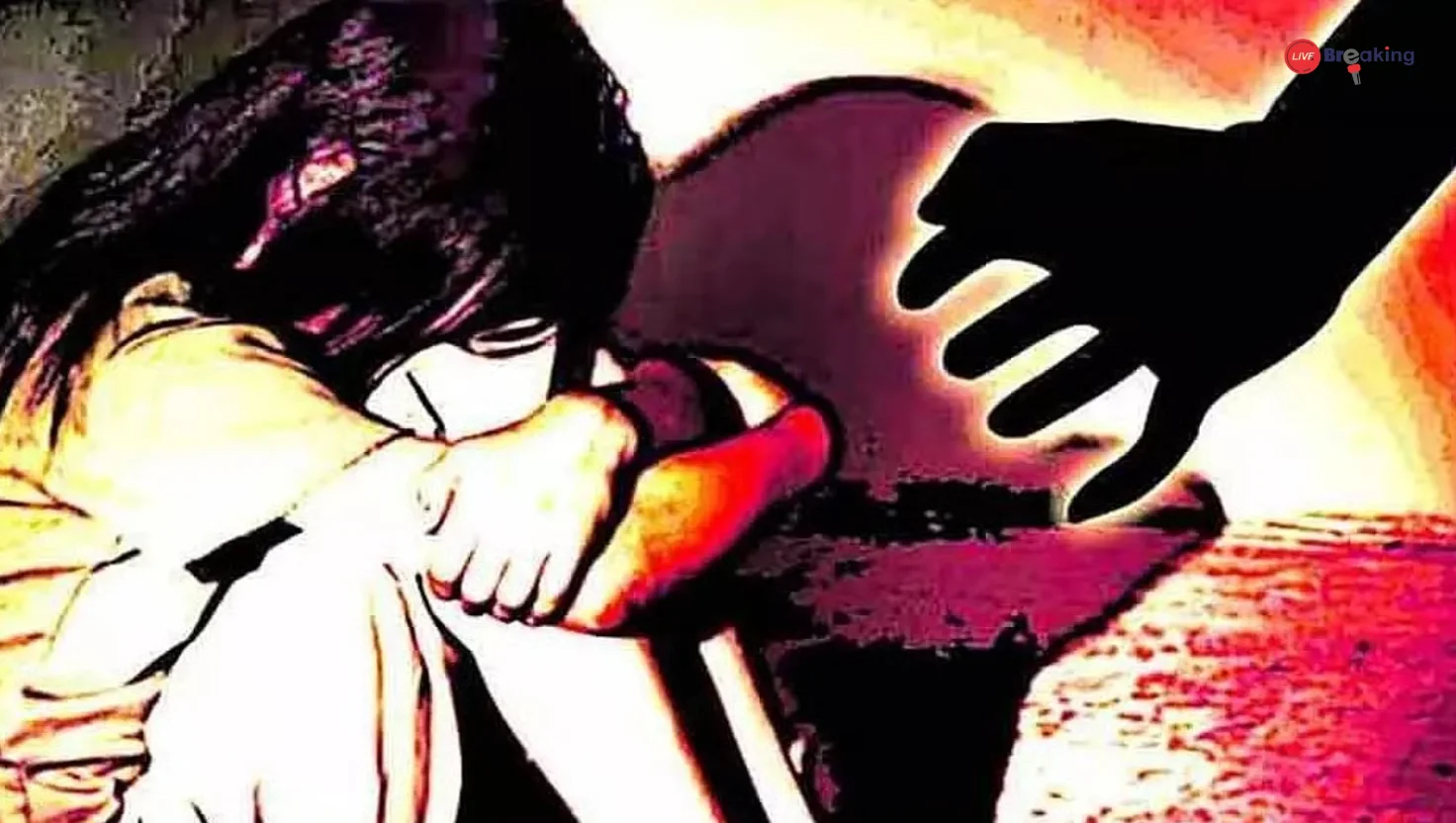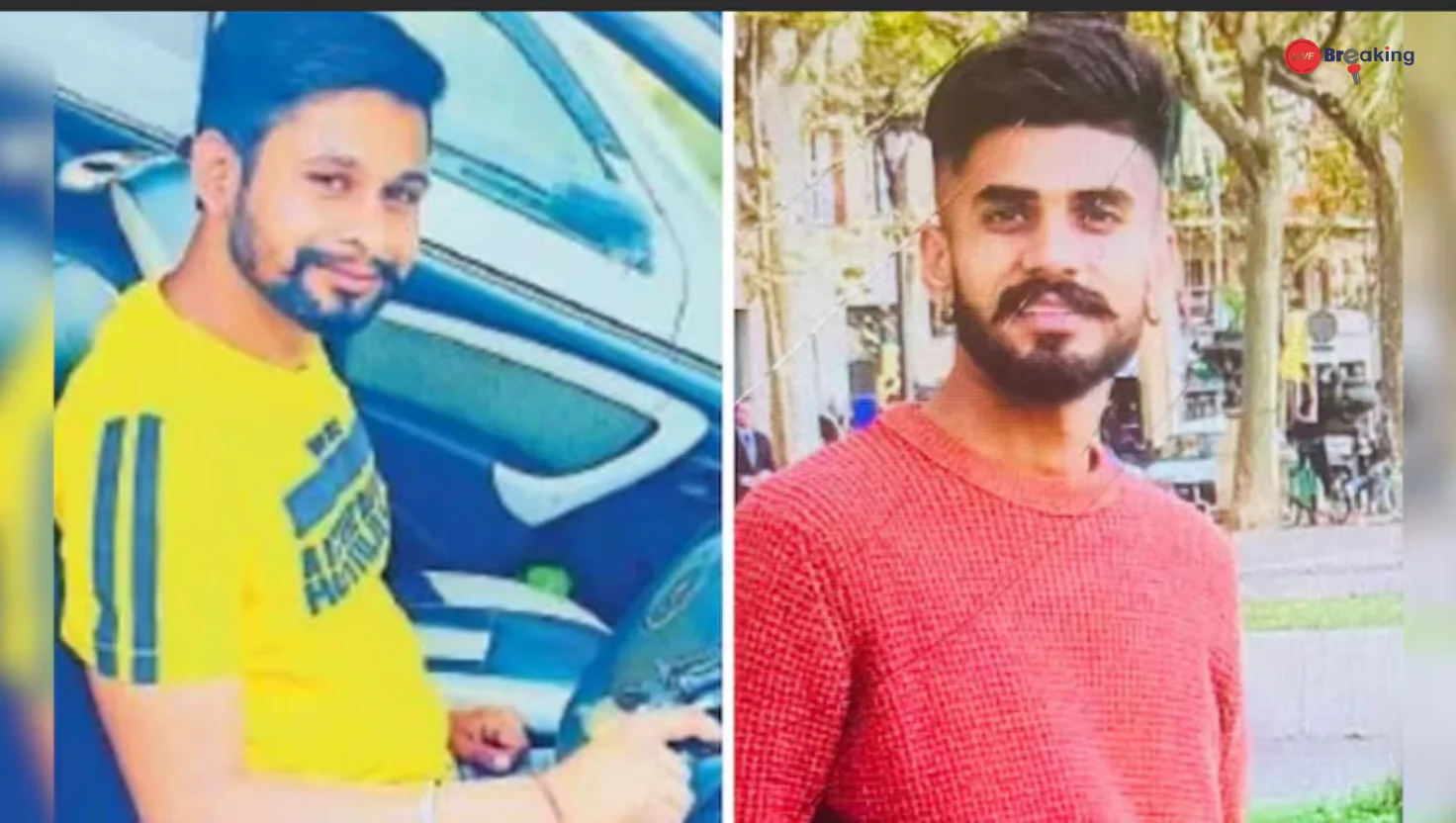“Don’t Carry Burden On Yourself”: Top Court To Father Of Air India Pilot
The Supreme Court offered a rare display of empathy and reassurance while hearing a sensitive case involving an Air India pilot. During the proceedings, the bench addressed the pilot’s father directly, urging him not to carry the emotional burden of blame or guilt on his shoulders. The exchange stood out in a courtroom often defined by legal arguments and procedural formality, reminding everyone present that behind every case lies a deeply human story.
The matter before the court involved allegations and procedural questions connected to an incident in which the Air India pilot had been implicated. The father, who has appeared in earlier hearings as well, has consistently expressed anxiety, frustration, and grief over the situation. His emotional presence in the courtroom reflected a parent’s instinctive fear for their child, especially when the stakes include public scrutiny, workplace accountability, and legal consequences.
During the hearing, the bench took note of the father’s visible distress. In a firm yet compassionate tone, the judges advised him not to internalize the complexities of the case as a personal failure. The court reminded him that legal processes exist to examine facts, assign responsibility fairly, and ensure that justice remains unbiased. The remarks signaled that the father’s guilt was misplaced and unnecessary.
This reassurance served as a grounding moment in a case that has grown increasingly tense over recent months. The pilot’s family has been navigating legal pressure, public perception, and the emotional fallout of ongoing investigations. The court’s message acted as a subtle reminder that personal shame or guilt should not overshadow the rule of law.
Legal experts noted that such empathetic interventions from the Supreme Court often carry a deeper purpose. Courts recognize that the stress on families can distort their judgment or push them into emotional corners that hinder rather than help their participation in the process. By telling the father not to carry this “burden,” the judges were effectively separating the individual from the broader legal machinery. They were reinforcing the idea that accountability, if any, is determined through evidence, not emotional self-blame.
The case itself continues to unfold with multiple layers. Procedural questions regarding the pilot’s actions, the responsibilities of the airline, and the regulatory oversight have all been raised. The court has been examining the matter with the expectation that every party involved should be treated with fairness. Nothing is assumed, nothing is predetermined, and every side is being evaluated on the basis of facts rather than narratives.
Read more: Trump Takes Credit for India–Pakistan Peace, Now Says Eight Jets Were Downed
Outside the courtroom, the judge’s remarks prompted conversations about the pressure families face when their loved ones are trapped in legal controversies. Social media reactions highlighted how often parents blame themselves for circumstances entirely beyond their control. Many users appreciated the court’s humanity and its willingness to look beyond legal technicalities to address the emotional toll of the situation.
Families of professionals like pilots, doctors, or police officers often carry a unique burden. Their loved ones operate in high-stakes environments where any incident becomes public quickly, often accompanied by speculation. In such moments, the immediate family can feel isolated, as though they are responsible for defending or justifying actions they were never part of. The court’s message recognized this truth.
Throughout the hearing, the judges emphasized the importance of letting the legal system function without undue emotional weight placed on individuals who are not under investigation. Their tone suggested a clear understanding that guilt can latch onto parents even when they have no role in events under scrutiny. The bench’s reassurance was a reminder that dignity, fairness, and emotional clarity are essential parts of justice.
Read more: Rahul Gandhi Has No Right to Comment: LJP MP Responds to ‘Drama’ Remark
As the case moves forward, the father’s reaction was noticeably calmer after the court’s words. While the legal proceedings will continue based on evidence, procedure, and regulation, the human element has now been acknowledged in a way that resonates far beyond the courtroom.
The incident added a moment of compassion to a complex legal story. It reaffirmed that the justice system is not only about verdicts and arguments but also about understanding the emotional realities people face when their families become entangled in legal storms. The judges’ message was simple yet powerful: no parent should shoulder a burden that is not theirs to carry.














